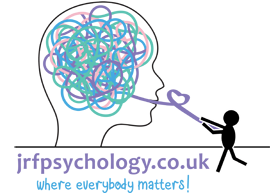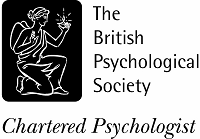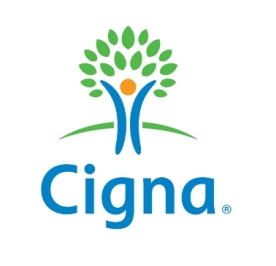Cognitive Behavioural Therapy (CBT)
CBT, is also recommended by National Institute of Health and Care Excellence (NICE), for conditions such as:
- depression
- anxiety
- psychological trauma (Trauma Focused CBT)
- OCD (Obsessive compulsive disorder)
- eating disorders
Whilst CBT recognises the possible impact of historical factors in your life the focus in therapy is on how you past is affecting you currently. Thus the aim of therapy is ‘the here and now’. CBT works with how your thoughts about a particular situation (known as the trigger) affects your feelings, behaviour, and body sensations. The rationale is that by changing the way you think, about what has triggered you to enter therapy, will provide you with relief from your symptoms. This in turn will positively affect your feelings and behaviours.
Thus CBT will help you to:
- challenge your negative thinking patterns
- behavioural experiments to challenge your negative thinking patterns
- questions your assumptions of “I should/must/ought ……”
- develop coping strategies
CBT will usually require you to carry out mutually agreed assignments between session which are reviewed within therapy.









